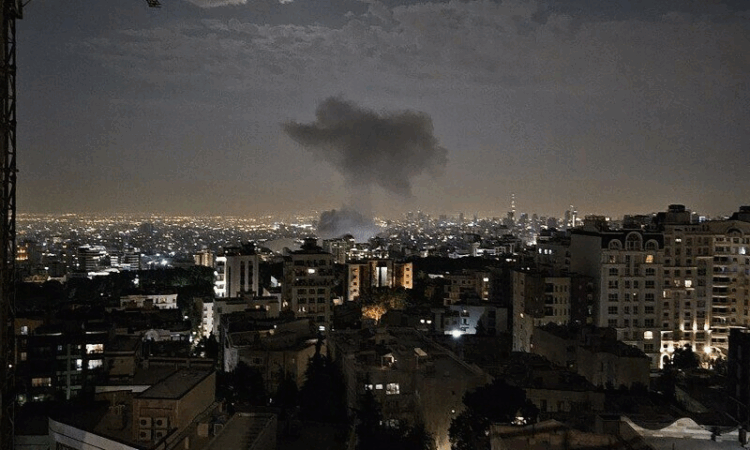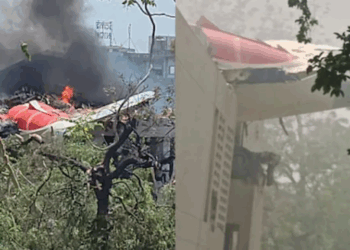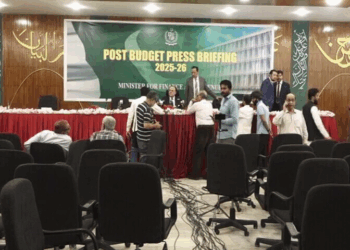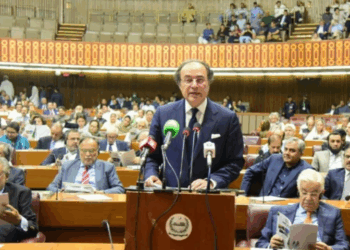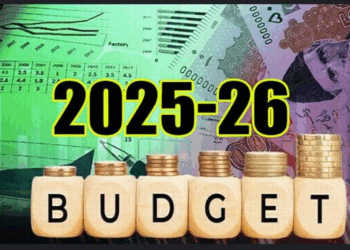Tehran, June 13, 2025: In what Iran has called a “declaration of war,” Israeli strikes on Iranian military and nuclear infrastructure have triggered a deadly escalation, killing top Iranian commanders and nuclear scientists. The international community is scrambling to prevent further escalation as Iran vows revenge and world leaders weigh in.
In a surprise pre-dawn operation named “Operation Rising Lion,” Israel launched widespread strikes on Iranian territory, targeting nuclear sites, ballistic missile production facilities, and top military leadership. Israeli officials described it as the beginning of a “prolonged operation” to prevent Tehran from developing nuclear weapons.
Key strikes and targets
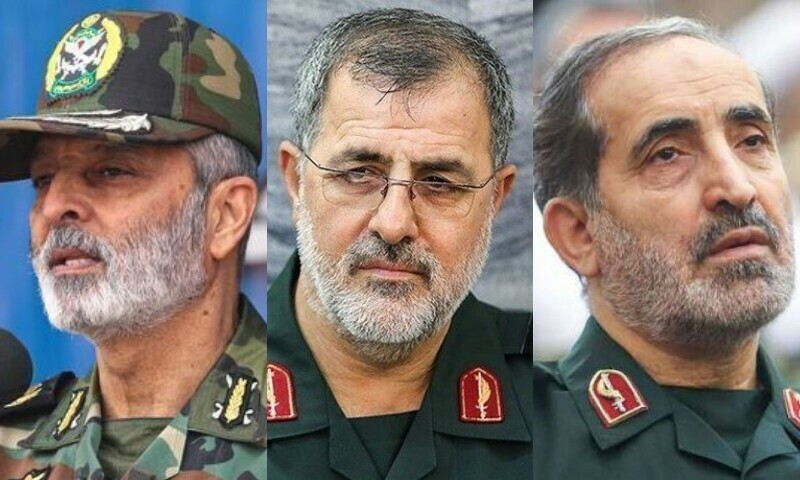
- Natanz nuclear facility: Targeted with surface-level damage reported. Underground enrichment centrifuges were reportedly unaffected.
- Military command centres: Dozens of radars and surface-to-air missile launchers destroyed.
- Strategic missile sites: Sabotaged by Israeli Mossad commandos reportedly operating inside Iran.
- Covert drone base established near Tehran, according to Israeli sources.
High-profile casualties
- Major General Hossein Salami, commander of Iran’s elite Revolutionary Guards Corps (IRGC).
- Major General Amirali Hajizadeh, head of the IRGC Aerospace Force.
- Mohammad Bagheri, Iran’s Armed Forces Chief of Staff.
- Ali Shamkhani, senior advisor to Supreme Leader Khamenei, seriously wounded.
- Six nuclear scientists, including:
- Fereydoun Abbasi, former head of the Atomic Energy Organisation of Iran.
- Mohammad Mehdi Tehranchi, president of Islamic Azad University.
At least 95 people, including civilians, were killed or wounded in over 10 Iranian provinces.
Iran’s immediate response: drone retaliation and new appointments
Iran retaliated by launching approximately 100 drones toward Israel. However, by 0800 GMT, Israeli media reported most of the drones had been intercepted.
In response to the decapitation of its military leadership, Supreme Leader Ayatollah Ali Khamenei quickly appointed:
- Mohammad Pakpour as the new IRGC commander.
- Abdolrahim Mousavi as Armed Forces Chief of Staff.
- Ali Shademani as head of Khatam al-Anbia Headquarters.
President Masoud Pezeshkian’s administration issued a stern warning:
“The ending to this story will be written by Iran… One shall not speak with such a savage regime but in the language of power.”
Iran called on the UN Security Council to act, invoking Article 51 of the UN Charter, which allows self- defence against armed aggression.
Global reaction: condemnations, diplomatic fallout, and market shocks
United Nations and diplomacy
- UN Secretary-General António Guterres called for maximum restraint, warning against “a descent into deeper conflict.”
- UN Nuclear Watchdog (IAEA) head Rafael Grossi offered to travel to Iran, confirming no radiation leaks from Natanz and urging restraint.
- UN Security Council scheduled to convene over the crisis.
US position
- President Donald Trump urged Iran to “make a deal” while praising the Israeli strikes as “excellent” in media interviews.
- Trump warned of “more brutal” attacks if Iran does not comply:
“Just do it before it’s too late.”
- Secretary of State Marco Rubio confirmed the US was not involved but issued a stern warning to Iran against targeting American assets.
- The White House said contingency planning for evacuations in the region was underway.
Other nations and regional response
- Pakistan, Jordan, and Lebanon’s Hezbollah strongly condemned the Israeli strikes.
- Pakistan’s PM Shehbaz Sharif: “This grave and highly irresponsible act risks further destabilising an already volatile region.”
- Jordan intercepted missiles in its airspace, closed borders, and warned it would not become a “battleground.”
- Hezbollah accused Israel of trying to “ignite the region.”
Aviation and economic fallout
Flight cancellations and airspace closures
- Iran, Iraq, Jordan closed airspace; global airlines including Emirates, Lufthansa, Qatar Airways, Air France, and Air India suspended or rerouted flights.
- Tel Aviv’s Ben Gurion Airport shut down as Israel prepared for further retaliatory attacks.
Market impact
- Stock markets tumbled across Asia.
- Oil prices surged.
- Gold and the Swiss franc rallied as investors fled to safe havens.
Broader implications and nuclear negotiations
The incident casts uncertainty over the sixth round of Iran-US nuclear talks, scheduled in Oman. Observers warn that diplomatic efforts are on the brink of collapse amid the escalation.
The IAEA emphasized that Natanz, Fordow, and Esfahan nuclear facilities remain stable for now, but any further military engagement could pose a serious nuclear risk.
“Nuclear facilities must never be attacked,” said IAEA chief Rafael Grossi. “The only sustainable path forward is one grounded in dialogue and diplomacy.”
The Israeli strike represents a seismic shift in the Middle East power balance, marked by the assassination of Iran’s military and nuclear elite, a first in modern warfare. Iran’s vow for revenge, Trump’s saber-rattling, and global condemnation point to a volatile period ahead. The world now watches anxiously as the region teeters on the edge of a broader conflict.


